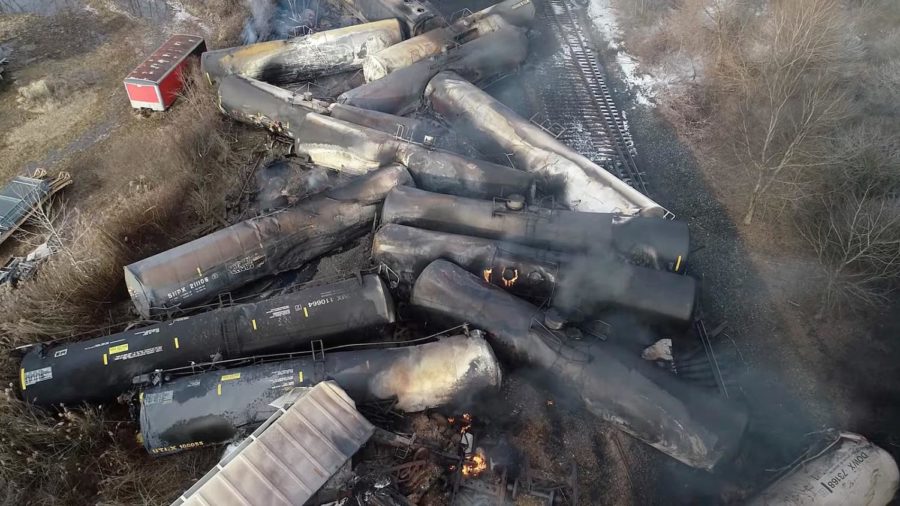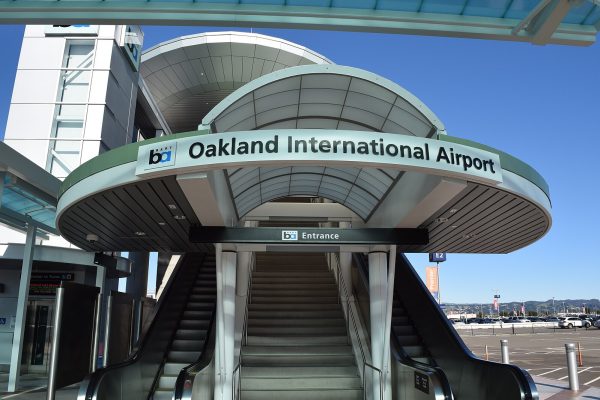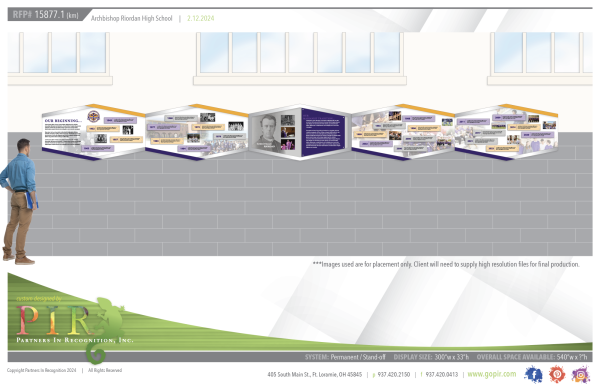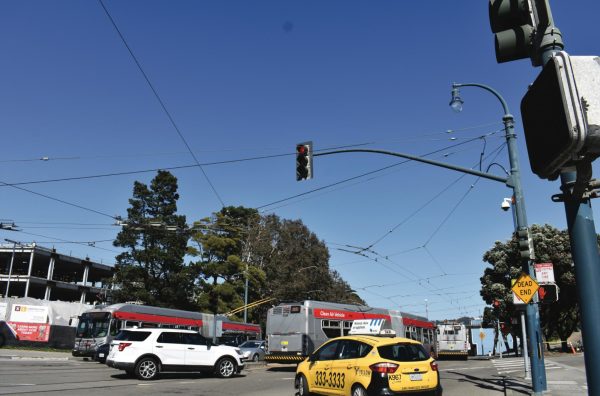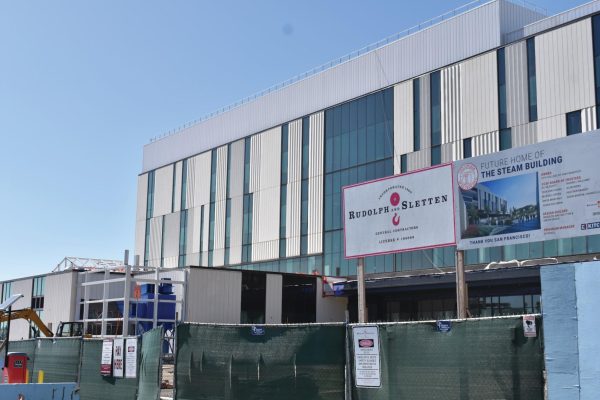Freight train derails in Ohio, releasing toxic fumes into communities
Toxic fumes spew from the derailed train, threatening the communities.
April 5, 2023
On Feb. 3, a Norfolk Southern freight train transporting hazardous chemicals derailed in East Palestine, Ohio, causing the spillage of approximately 115,580 gallons of vinyl chloride.
According to Chemistry Instructor Dr. Caroline Gochoco-Tsuyuki, “Vinyl chloride is the primary compound used to make the polymer polyvinyl chloride (PVC), a plastic commonly found in plumbing pipes and wire coatings.”
Although PVC on its own is mostly harmless, the monomer–a molecule that combines with other monomers to create a larger molecule known as a polymer–vinyl chloride, is harmful because, as a non-polar compound, it can enter one’s body through a transdermal process and is thus linked to an array of cancers.
To resolve the pressing predicament, Norfolk Southern conducted a controlled burn of these chemicals to both hasten its removal process and prevent a potential explosion.
However, unlike Chernobyl, the catastrophic nuclear event from 1986 in Ukraine that the derailment has been inaccurately compared to, the stress of the environmental damage can be alleviated.
Vinyl chloride is highly volatile, and “once a localized spill can be cleaned up and the compound allowed to evaporate, the risk associated with ingestion or respiration of vinyl chloride should be mitigated,” stated Gochoco-Tsuyuki.
Regarding the health status of Ohio citizens, pulmonologist and clinical professor of internal medicine at Northeast Ohio Medical University, Nicholas Proia, told NPR, “What we have heard, mostly through the media, and a few patients will say, perhaps a rash or a foul smell. But really, no overt shortness of breath or respiratory failure has been connected to this.”
Despite the seemingly relieving news, The Bureau of Transportation Statistics reports a national yearly average of 1,704 derailments, indicating that railroads desperately need an increase in measures to prevent these catastrophes.
“According to the National Transportation Safety Board, the [Ohio] derailment was caused by an overheated wheel bearing that caused temperatures in the car to rise to a dangerous level,” said Gochoco-Tsuyuki. “It has been proposed that an early temperature warning system would have prevented the accident from happening.”
Engineering Instructor Frank Torrano suggested, “If you have the proper sensors, like this is a bearing that overheated, if they have proper sensors, then that might not have happened; it could have stopped in time. Or, if you have the sensors and then you have a system whereby the sensors could be read by a computer, then it would have stopped in time.”
Furthermore, “a lot of stuff that happens usually happens because of human error,” mainly due to the fact that, “people are tired; they’re not getting taken care of,” said Torrano.
For example, in 2022, 12 labor unions representing 115,000 railroad workers demanded Congress to address working conditions and sanction paid sick leaves; however, Congress struck their requests down, verifying that railroad workers were not adequately being taken care of.
A list of three components should be taken into consideration to decrease the number of annual derailments: “Number one is proper equipment maintenance. Number two is human maintenance, taking care of the people who are running this stuff. Number three any kind of preparedness for any kind of disaster,” said Torrano.
In addition to the insufficiently met standards, the Ohio derailment needed to be promptly addressed.
Gochoco-Tsuyuki compared it to the 1984 pesticide incident in India that garnered immediate worldwide attention and mobilization. The stark contrast between the response times to these two events underscored the need for an adequate response from the United States government.
Overall, the derailment serves as a wake-up call to the railroad industry and the government, highlighting the importance of equipment maintenance, great concern for its employees, and the need for disaster-readiness initiatives.
Currently, “a lot of things are [being] left to chance,” said Torrano, “and it’s sad that people are dying because of that.”


